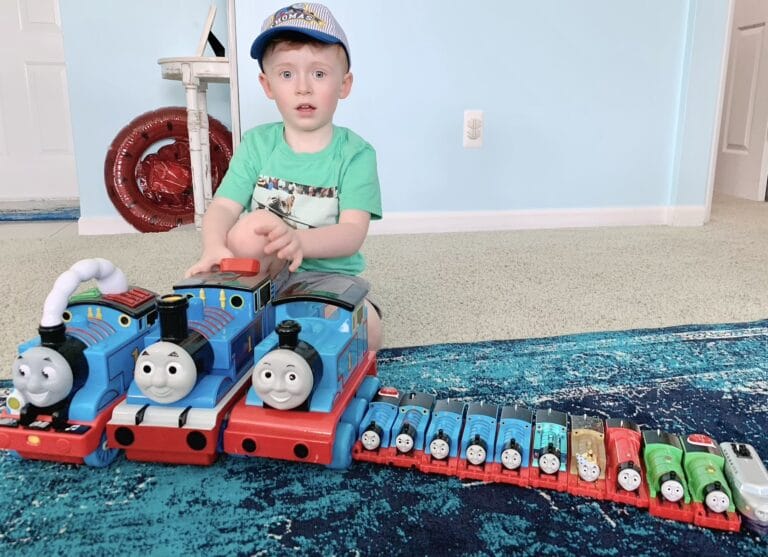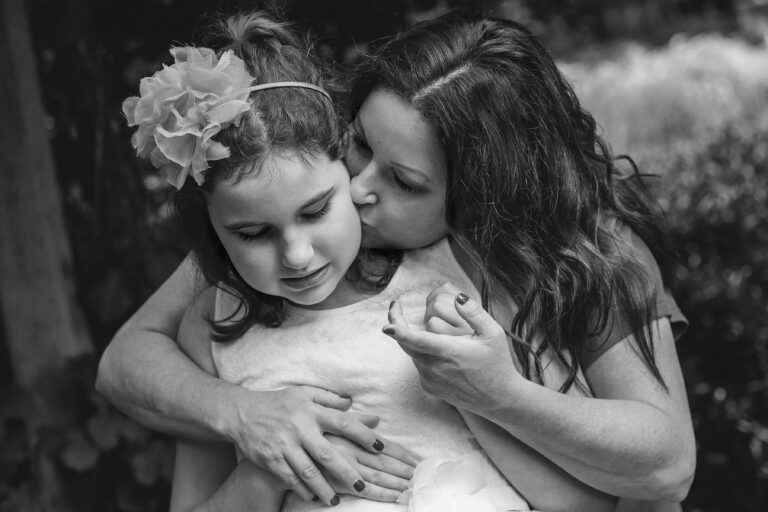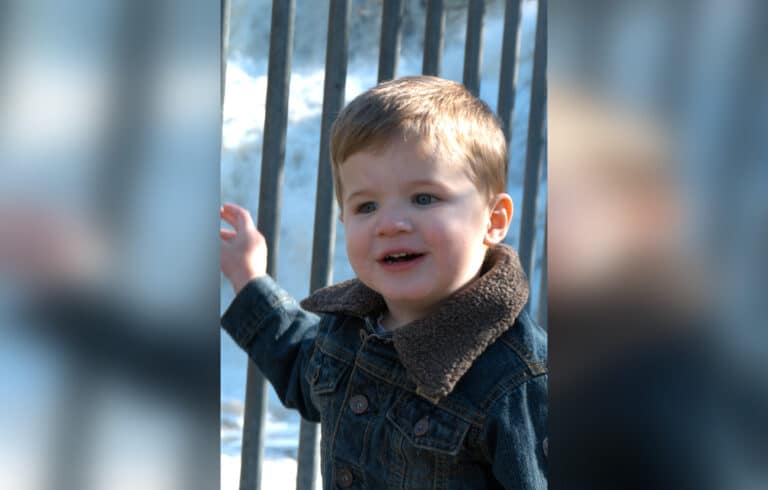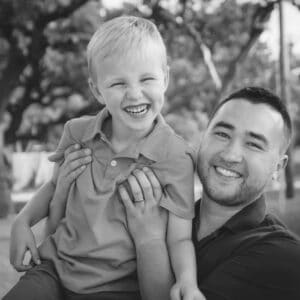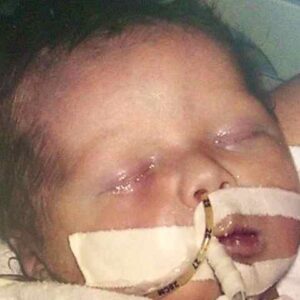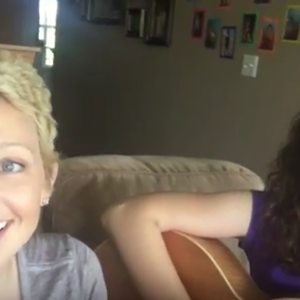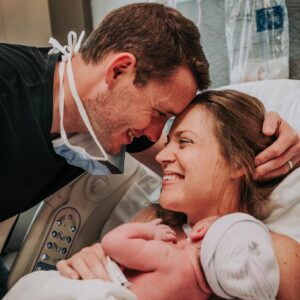You don’t grow out of autism.
It’s not some phase a person is going through.
Autism doesn’t end at 18.
Regardless of the stories you may have read on the internet or social media accounts, it is incredibly uncommon for a child who is accurately diagnosed as autistic to become an adult who is no longer autistic.
So those ridiculous theories of how to “cure autism” are not only dehumanizing, they are false.
Autistic children may build some strong skills and overcome some challenges that may make their autism less obvious.
There is a difference between overcoming challenges and overcoming autism. Being autistic is lifelong. There is no overcoming that, it’s a part of who they are.
My child was born autistic. I always knew in my gut he was different.
Beautifully different.
It is despicable how our society treats autistic individuals. A system that has failed the autistic community—society’s broken system tries to convince us, parents, that we have a broken child.
No. My child is not broken.
I as a mother fight hard and advocate for the services my child needs and deserves for his quality of life. How awful that we even have to fight, appeal, and argue for these needs.
As adults, they have to fight even harder for themselves, especially when their parents pass away, I’m sure.
Dying is my biggest fear—it is something I think about often. If this world is not going to help him, who will?
It is hard to trust others with my child. It’s hard to trust a society that does not treat autistic people like they deserve.
RELATED: I Desperately Want You To Understand Our Autism World
I want him to know that his home and parents will always be his safe place.
He can be his true authentic self with us always.
Many autistic children and many autistic adults stim, some more than others.
My son is very well-behaved and good at regulating his feelings. If stimming makes him happy and helps regulate him, I want him to do whatever he needs to do. I will only stop and redirect him if his stimming looks dangerous. As of now, we have never needed to do so.
I have become extra aware of the way I see people looking at my 3-year-old if he is stimming—the rocking, finger posturing, running back and forth, vocal stimming, and auditory stimming.
Auditory stimming can be repeatedly playing the same song over and over, and he loves to hold objects to his ear if it sings, plays music, talks, etc.
These stares haven’t happened often, but I have seen the look enough times to want to unleash my mama bear on them.
Autism is an invisible disability.
I know some people stare and are not judging, they are just curious and mean no disrespect, but the majority are judging in some way.
Instead of staring like an ignorant human, ask me questions.
I am not perfect, but one thing my mother taught me growing up is to never stare at someone. It’s rude. My parents taught me that people are different.
I will never stop his stims to make other people feel comfortable—that goes for family and friends too. If it makes you uncomfortable that means my child makes you uncomfortable.
You don’t like it, too bad. Look away. We will not apologize.
I refuse to make my kid stop doing something harmless to make you less uncomfortable.
This neurotypical world wants doctors and therapists to cure the child. To change them.
They do this by teaching them how to mask their autism, to tone it down so they can maybe pass for quirky. I never want my child to have to mask who he truly is.
Do you know neurotypical people stim? Neurotypical people stim for the same reasons that autistic people do—to cope with boredom, alleviate feelings of sensory overload, manage frustration and anxiety, and because stimming can become a pleasurable habit.
Do you shake your leg, pick your skin, tap your foot, tap a pen or fingers on the table, twirl your hair, bite the end of a pen cap, pick your nose . . . well, you stim.
Remember that the next time you have your finger up your nose digging for gold, don’t judge someone else for stimming differently. Try to empathize and understand. Who are you to judge?
Autism is just a part of my son, he is more than a diagnosis. More than a label.
Yes, he is autistic, but he is still a sweet 3-year-old boy, and he is amazing. He is human.
It’s sad I even have to explain this on behalf of him.
He has many talents and gifts and blows us away all the time. My husband and I are so proud of him. Even his teacher this year told us she has learned so much from Rocco and he is a special kid who is going to do great things in life.
If he had his autism cured who would he be? I wouldn’t know who he is.
He wouldn’t be Rocco. He wouldn’t be my son.
I always say autism is what makes him magnificent.
Take away his autism, you take away part of who he is. I love all of him. All of him, which includes autism. I would not change him.
Sure, it has its challenges but life has those.
He is perfect. Just as you think your neurotypical kid is perfect.
Teaching the child how to be someone they aren’t is wrong and makes it feel like being autistic is a tragedy when the real tragedy is the way this world treats people with disabilities.
The tragedy is neurotypical people lack empathy and acceptance. Not autistic people. It’s the rest of the world.
We could learn a lot of valuable lessons if we just take the time to try to understand an autistic individual and become a part of their world, to understand and accept that autism is simply a different way of thinking.
RELATED: Autism May Never Get Easier, But We Keep Getting Stronger
Like that one saying goes, “I thought I would be teaching my child about the world, instead, I’m teaching the world about my child.”
I will never stop spreading awareness, but they deserve acceptance. Everyone wants to feel loved, included, and accepted.
I know I will never fully understand what my son goes through being autistic. I desperately wish I could, but I try my hardest and will always be patient with him. I can’t feel the way he feels or see the way he views the world because I myself am neurotypical.
What I can do is just love him and keep him safe. He can teach me things; I can learn from him. I will continue to educate myself about everything autism. I will continue to read books written by autistic authors too.
I want to know everything I can.
How badly I wish I could view the world through his eyes, for just a moment.
I know he has a bright future ahead of him and he will crush these stigmas.
I worry when my son grows older each year—he will be four in September.
If people see a 5-year-old, 10-year-old, or 15-year-old stimming or dealing with sensory challenges, then they don’t think it’s so cute anymore.
They think it’s weird, they point, they stare, or want nothing to do with them because they experience the world in a different way.
Neurotypical people fear whatever isn’t considered their normal—how close-minded.
Autistic individuals feel things differently, hear things differently, taste things differently, see things differently, they process things differently.
They are different. Not less.

If you liked this, you'll love our book, SO GOD MADE A MOTHER available now!
Order NowCheck out our new Keepsake Companion Journal that pairs with our So God Made a Mother book!
Order Now


